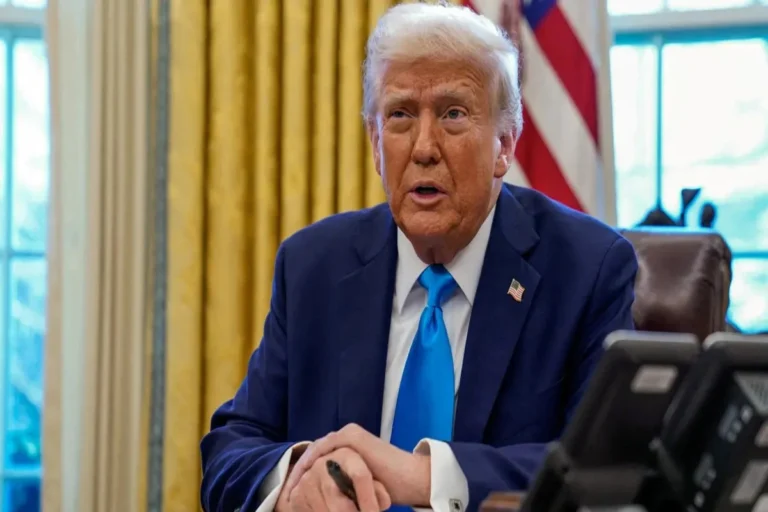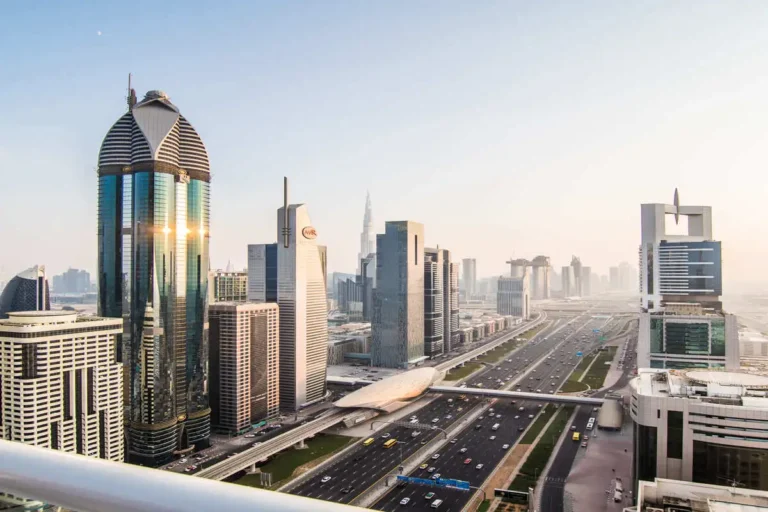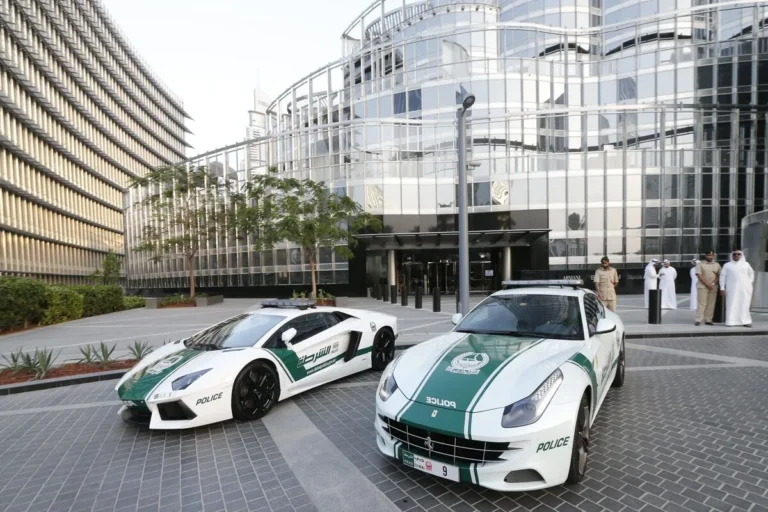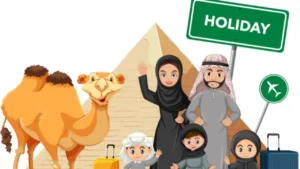November 25, 2025 | Dubai, UAE: The United Arab Emirates (UAE) has become the World Third Largest Humanitarian Donor in 2025, which supports its position in the international humanitarian arena, in a major breakthrough to its worldwide relief efforts. As the latest figures presented by the United Nations Office of the Coordination of Humanitarian Affairs (UNOCHA) and its Financial Tracking Service (FTS) show, the UAE contributed US$1.46 billion in humanitarian aid this year, which is about 7.2 percent of the entire amount of aid being monitored in the world.
A Growing Humanitarian Role As the World Third Largest Humanitarian Donor
The placement places the UAE as the World Third Largest Humanitarian Donor, second only after the United States and European Union on humanitarian aid contributions by 2025, thus making it the biggest single donor country after the two. This high rank is a widely spread development in Gulf states, in particular UAE, are becoming more and more confident in their roles as major actors in international relief and development.
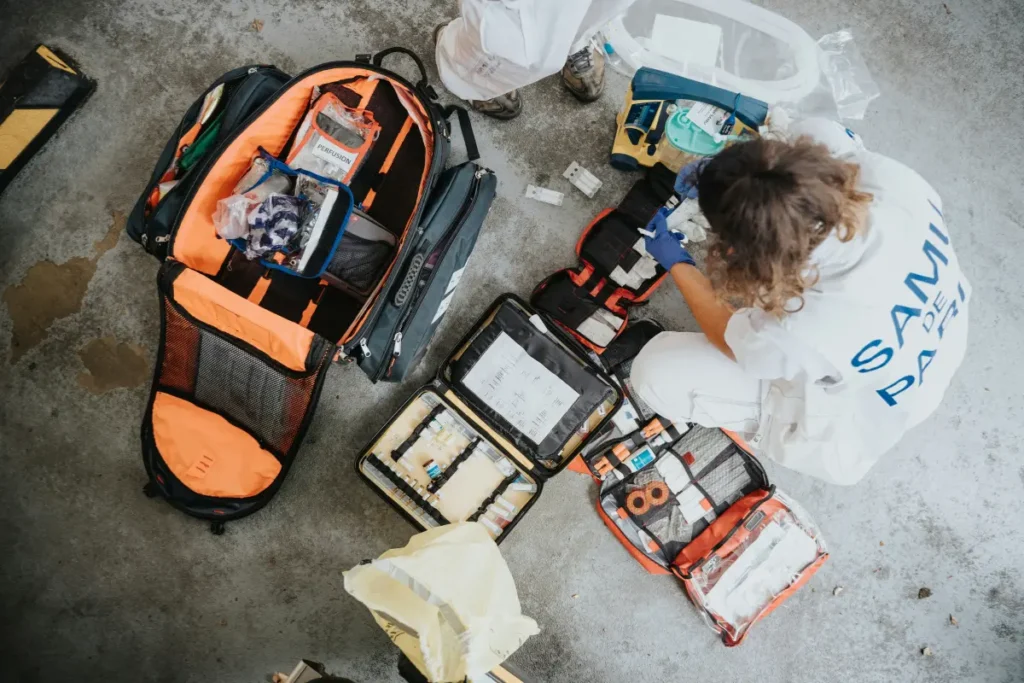
The unique characteristic of the UAE humanitarian strategy as the World Third Largest Humanitarian Donor, is the combination of the quick-reaction relief system and the developmental assistance. The contributions made by the country range up to emergency aid as in food, medical supplies, shelter and water, and further to other sectors such as healthcare infrastructure, education, access to energy and recovery of war and disaster hit areas. The officials stress that the UAE aid is based on the principle of neutrality, inclusivity and non-discrimination: irrespective of origin, race, religion, belief or geography.
Why This Matters
The title of the UAE as the World third largest humanitarian donor plays a great role in the following reasons:
- It emphasizes how the UAE has changed to become a regional donor and a global humanitarian player with an expansive geographic sphere.
- The level of the contribution (US$1.46 billion) in a world that is experiencing escalated conflict, climate and humanitarian demand is an indication that the world is highly committed to global solidarity.
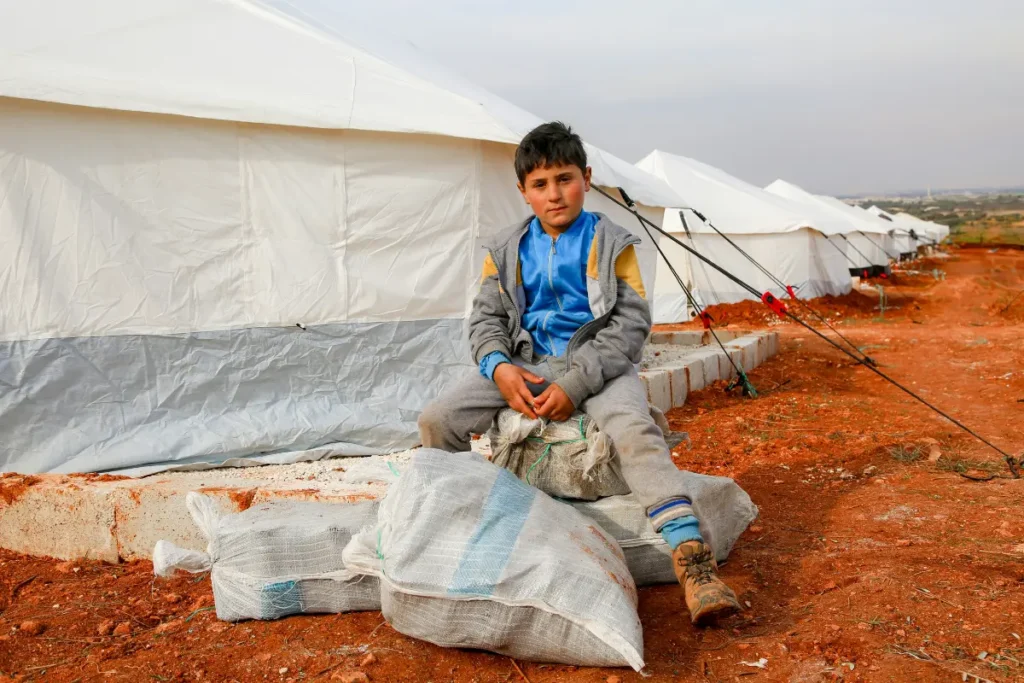
- The UAE contribution of approximately 7.2 percent of the overall monitored global aid has a disproportionate impact in relation to its population and size in comparison to most classic donors.
- In terms of soft-power, this type of humanitarian leadership supports the profile of the UAE internationally, and further makes the country a reliable partner in relief and development activities around the world.
Getting ahead
The gain is praiseworthy, but the humanitarian environment offers its obstacles and opportunities to the UAE:
- With continuous and large-scale crises of conflict zones to climate crises, the requirements of financing and coordination are on the increase. It is still important to ensure that aid is well-coordinated, timely and sustainable.
- Long-term planning, local cooperation and long-term commitment are all needed in the transition of the emergency relief to long-term solutions (resilience building, infrastructure, governance).
- Impact measurement and transparency is important. There will come with big contributions greater scrutiny – there will be great need to ensure that funds are well-targeted and effective to retain credibility.
- As a donor, the UAE can also be expected to keep intensifying and transforming its humanitarian action, such as with the assistance of digital technologies, logistics focal points, regional integration, and mix relief-development programmes.
The World Third Largest Humanitarian Donor
By being ranked as the World Third Largest Humanitarian Donor, the UAE has highlighted its desire and its potential to provide global aid. The US 146 billion pledged in 2025, as well as its broad portfolio of humanitarian efforts that extend beyond short-term relief to long-term development, are putting the UAE in the role of the dependable, values-driven ally against global humanitarian demand.

The changing role of the UAE provides some hope and some lessons of how middle-sized countries can contribute disproportionately to the world as the world struggles to cope with compounding crises.
Read More: From December 10: Australia Social Media Ban For Kids to Safeguard Adolescents





